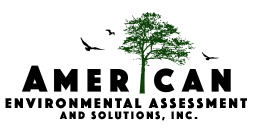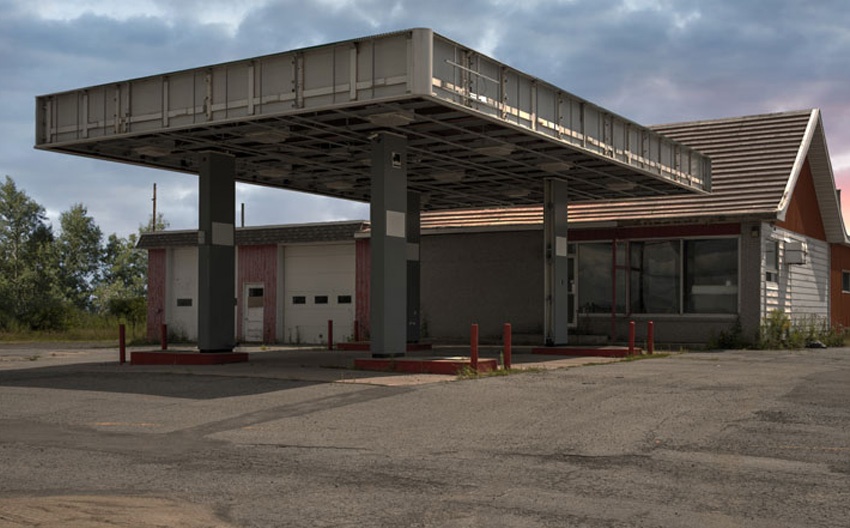Reduce Acquiring Environmental Liabilities
Reduce environmental liabilities and know the true status of your property with proper due diligence. An American Environmental Phase I Environmental Site Assessment (ESA) gives you piece of mind during real estate transactions. This assessment will provide you with information to assist in making an informed business decision. Overlooking this concern can cost you substantial future environmental expenditures, even if you did not create or contribute to the contamination.






